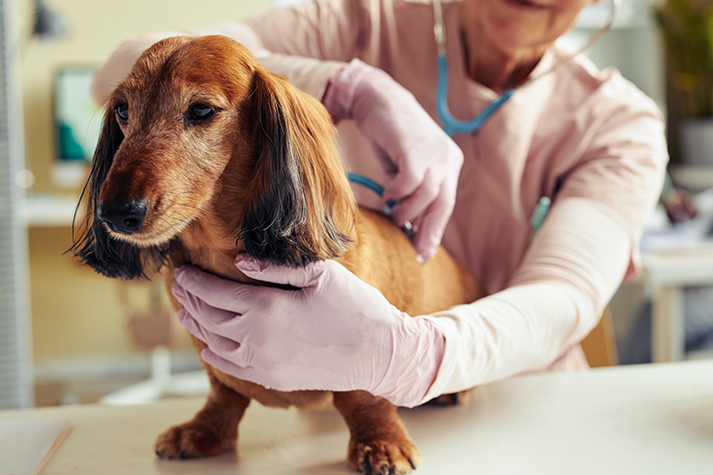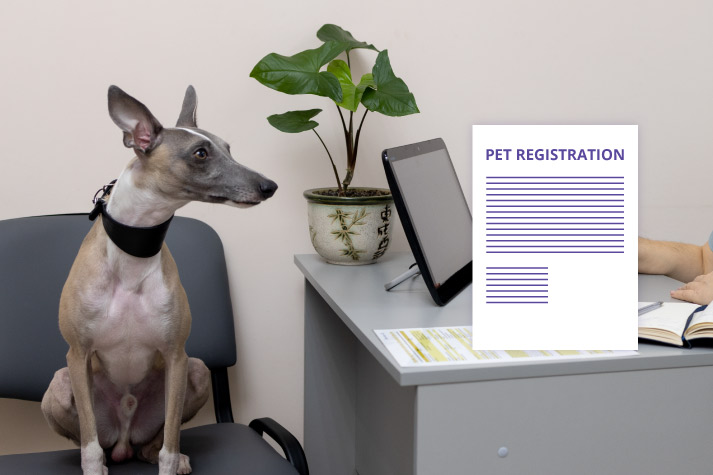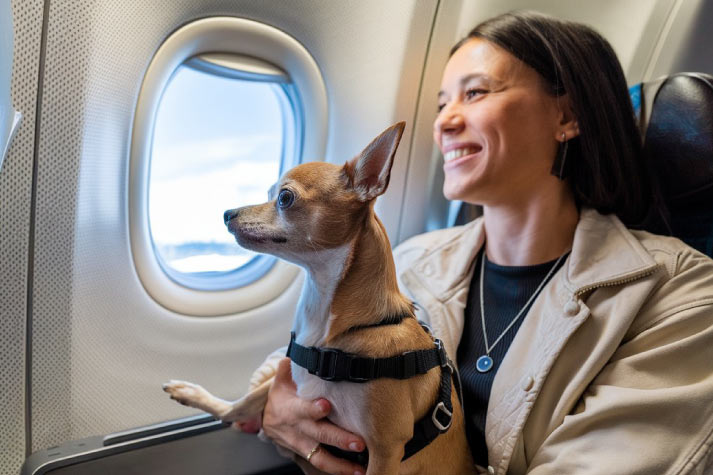
11 Dec
Why Regular Vet Visits Are Vital for Senior Pets
Aging is an inevitable part of life, and pets are no exception. As your beloved companion enters their senior years, their needs and requirements evolve, as does the care they require. Much like how younger pets have specific needs during their developmental stages, older pets need tailored attention to manage the changes that come with age.
Aging adds wisdom and charm, but it also brings challenges such as stiff joints, reduced mobility, and declining vision. Aging also means movements like pet travel requires some thought and consideration. This guide explores why regular vet visits are essential for keeping your senior pet happy, comfortable, and healthy.
Here's Why Vet Visits Are Crucial for Senior Pets
Recognizing the Signs of Aging
Aging is subjective; pets age at different rates depending on their size, breed, and overall health. For instance, small dog breeds like toy poodles are considered seniors around 10–11 years of age, whereas larger breeds like Great Danes reach this milestone much earlier, at 7–8 years. Cats, too, have their own unique aging patterns.
To provide the right care, you first need to identify the signs of aging. These may include symptoms that have become more prominent over time like slower movements, graying fur, decreased energy, or behavioral changes. Knowing where your pet stands in their life cycle helps you plan better for their health and happiness in the long term.
The Impact of Aging on Pets
As pets grow older, their bodies undergo significant changes, including:
- Reduced energy levels: Your pet might prefer resting or snoozing over playing.
- Declining senses: Hearing and vision can weaken with time.
- Increased health risks: Older pets are more prone to conditions like diabetes, kidney or liver diseases, arthritis, and cataracts.
While some changes are natural, others can stem from factors like lifestyle, diet, or genetics. Understanding these aspects can help you support your pet’s individual needs and keep them comfortable in their elderly years, as well as plan better for movements and pet travel.
Caring for an Older Pet
- A Balanced Diet - Senior pets have unique dietary needs. Their metabolism slows, requiring fewer calories, while their organs may need special care through appropriate nutrients. For instance, pets with kidney issues benefit from low-phosphorus diets. Consult your vet to develop a plan that meets your pet’s nutritional needs without risking weight gain or health complications.
- Gentle Exercise - Regular physical activity remains important even in old age. It helps maintain muscle tone, keeps joints flexible, and prevents excessive weight gain. Activities like short walks, gentle play, or swimming are excellent low-impact options. Always consult your vet before introducing new routines to ensure they suit your pet’s health. If you’re travelling with your pet, choose a relaxing road trip so they are comfortable throughout the journey.
The Role of Regular Vet Visits
Frequent vet visits are critical for senior pets. These check-ups help detect issues early, ensuring timely treatment and better outcomes. During a vet visit, your pet will undergo examinations to monitor:
- Weight and overall condition.
- Vital organ function, such as liver and kidney health.
- The onset of diseases like arthritis or diabetes.
Periodic check-ups also allow your vet to track your pet’s health over time. Comparing past and current conditions offers insight into their well-being. Experts recommend scheduling visits every six months to ensure comprehensive care. Don’t forget to keep your pet’s vaccinations, deworming, and flea treatments up to date, as older pets may have weaker immune systems.
Grooming Needs of Senior Pets
Grooming isn’t just about keeping your pet looking good; it’s essential for their health, too. Older pets often experience:
- Skin changes: Dryness, irritation, or increased shedding.
- Dental decay: Tooth issues can lead to infections and other diseases.
Brush and bathe your pet regularly, using products designed for sensitive skin. Pay close attention to their teeth—daily brushing or dental treats can prevent decay and related complications
Ensuring a Graceful Transition
Aging is a natural phase that every pet experiences, but it doesn’t have to diminish their quality of life. With proper care, love, and attention, your furry friend can thrive during their senior years.
Regular vet visits are a cornerstone of senior pet care, offering guidance on diet, exercise, grooming, and health. For first-time pet owners, these visits provide valuable advice tailored to your pet’s specific needs. By prioritizing their well-being, you ensure they enjoy their golden years with comfort and joy.






AUTHOR’S BIO
Carry My Pet
Passionate pet enthusiasts and globetrotters, dedicated to easing furry friends' journeys worldwide. Penning tales of compassion at CarryMyPet, where every relocation is a tail-wagging adventure.